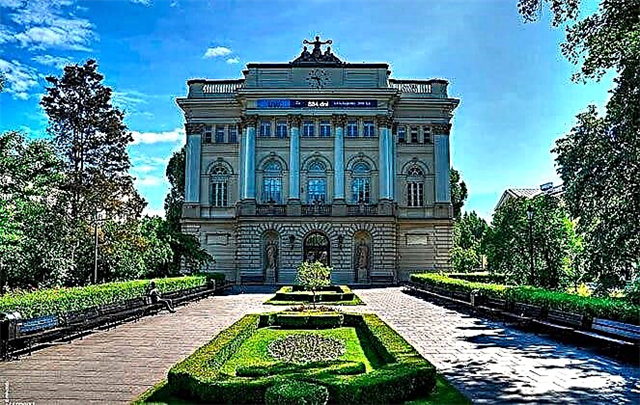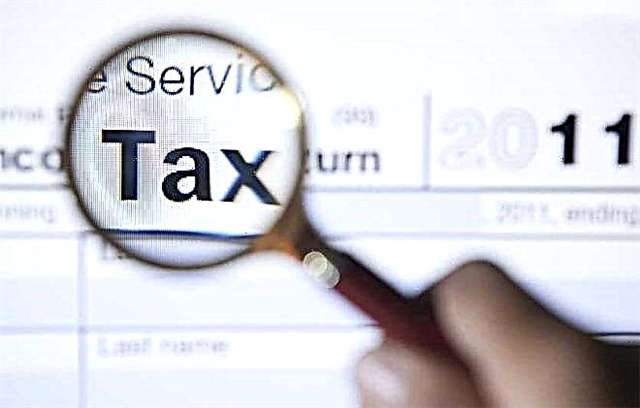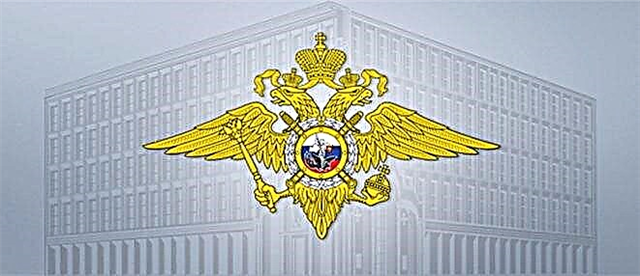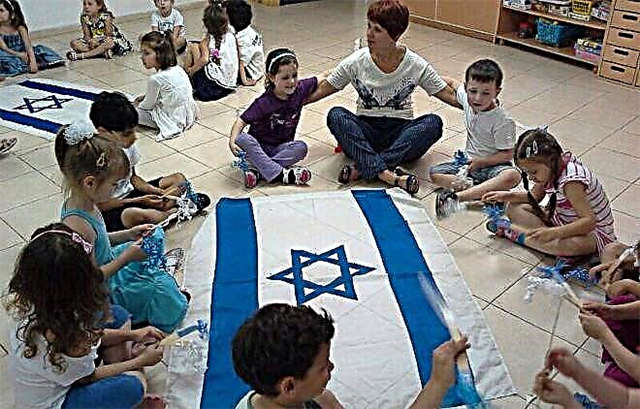Paid maternity leave in Israel is only 3 months, unpaid - 2 times more. That is, the mother can stay with the baby for a maximum of six months without losing her job. If, after the deadline for caring for a newborn, the woman decides to go to work, the child is hired as a nanny or, as a rule, sent to a nursery. A suitable institution is usually selected in advance, since kindergartens in Israel are of different types, both in cost and in terms of stay.

The device of the preschool education system in Israel
A law passed back in 1949 regulates early childhood education in Israel. Compulsory, according to him, is the education of a child from 3 to 12 years old. That is, all children must attend kindergarten from the age of 3. For most young Israelis, education begins even earlier - at 3 months of age.
Since not everyone can afford to hire a nanny because of the high cost of such services, the baby is sent to a nursery. Staying in them is paid, regardless of whether they are private or public institutions.
You can attend a nursery up to 3 years old, then the child goes to kindergarten. Children do not stay in municipal institutions all day, but until 14:00. If the parents cannot pick it up so early, they will additionally agree on an extension.
In kindergartens, groups are formed by age: 3-4 years old, 4-5 years old, 5-6 years old. Upon reaching the age of 5, all children are required to complete 1 year of preschool training in a state kindergarten (DPU), even if they have previously attended a private kindergarten. School in Israel starts at the age of 6.
Variety of kindergartens
Enrollment in preschool education is made in advance, while it is important for parents to first decide on the type of kindergarten:
- private;
- municipal (state).
Among them there are ordinary (secular) establishments, and there are religious ones:
- private, for adherents of Orthodox Judaism;
- municipal religious (the list can be found on the official website of the Ministry of Labor, Social Protection and Social Services of Israel).
Let's take a closer look at the types of Israeli preschool education:
- Nursery or maon (in Hebrew) - designed for babies from 3 months to 3 years. These are private establishments, which in turn are divided into:
- home (mishpakhton) - located at home, do not undergo checks, groups of 5-8 children;
- located in special rooms or buildings (peuton, another name is maon yom) - either from private individuals or from the Ministry of Misrad ha-Tamat (then called "bepikuah"). In the latter case, certain requirements are imposed on the premises and educators, in contrast to all other types of nurseries. It is also possible to qualify for a discount on garden fees from the state.
- State preschool educational institutions (Irievsky) - for children from 3 years old. By age groups, they are divided into subtypes:
- younger group (throm thromchov) - from 3 years old;
- middle (trom hova) - from 4 years old;
- the eldest (gan hova) - from the age of 5.
- Prolongation (tsaaron) - connected when children transfer to the senior kindergarten preparatory group for school. The group is paid, it can also be from the state, then it works from 14:00 to 18:00, or private, where the child can stay until the time agreed with the parents. If the extended day group is not in the same building as the kindergarten, the children will be picked up by the day care workers.
Depending on the garden, the payment and conditions of the children differ. Starting from the age of 3, in municipal kindergartens, children are not put to bed or fed, or they are given one small snack. There are quite a few Russian-speaking kindergartens in the country, which is especially important for Russians who arrived in Israel under the repatriation program.

Registration of a child in an Israeli kindergarten
In order for the child to start going to the state preschool educational institution, he is registered on the website of the municipality. Usually, the list of kindergartens where free places are available is sent to parents by the municipality itself on certain dates, or you can track the information on the portal of the corresponding district.
The recording continues throughout January, but can be extended until mid-March or even longer if necessary.
Documents that will be required for registration:
- identity cards of both parents (teudat zeut);
- a certificate from the owner of the garden, if it is private.
The vaccination certificates or medical cards familiar to Russians are not needed, this is the concern of a family doctor (rofe mishpoh). A complete examination of the child is included in the cost of insurance, which parents are required to pay monthly.
Kindergarten fees
Mandatory payment in a municipal kindergarten - 34 shekels per month (about $ 10) to pay for the insurance policy. Additionally, you may need to pay for various cultural programs - banquets, excursions, graduations. The amount fluctuates and on average reaches about 250 shekels / month ($ 65).
Extended group costs around NIS 850 / month. ($ 225). The most expensive private gardens can cost NIS 2-3 thousand / month. ($ 530-800).
Kindergartens under the supervision of the Ministry are cheaper - 1-2 thousand NIS / month. ($ 265-530). Discounts are available for some categories of citizens.
Kindergartens in Israel inside and outside
The basic principle of the Israelis - to educate only with a carrot, without using a stick - is fully valid in the preschool educational institution. It is believed that this is the only way to raise a happy and successful person. A warm and friendly atmosphere is created in the gardens, in the kids they try to develop independence and responsibility, respect for others, the ability to listen and find solutions in case of conflicts. All this with a soft and unobtrusive setting of the boundaries of what is permissible on the part of the teacher.
Public kindergartens in Israel that accept toddlers from 3 years old use an approved curriculum. At 3-4 years of age, children should learn:
- distinguish letters from numbers and other signs;
- memorize small passages from fairy tales;
- feel rhymes in songs;
- recognize your name written on paper.
The next age period is the next stage of development, where children learn to divide words into syllables, rhyme words, write their name and count to 10. And preschoolers (5-6 years old) should already be able to write some names, read a certain set of words, distinguish a vowel from consonant and add simple numbers.
Many classes are aimed at developing creativity and logic in children, they are engaged in painting, music, creativity, active games and sports, and communicate with animals. The gardens usually have a TV, computer and a small library of their own.
The premises in state institutions are spacious, there are separate rooms for classes and games. A playground on the street with slides and swings must be equipped. The territory is closed from outsiders, there is a fence around the perimeter, and a combination lock at the entrance.
Recommendations for choosing a child care facility
Choosing a kindergarten for a child is not at all as simple as it seems. You cannot be mistaken, because the development and emotional state of the child depends on who will be with the child at a very early age. First of all, of course, it is important to decide until what time of day the baby will be in the care of educators.

If the parents work full time, it is more advisable to pay attention to a private institution. It is recommended to study the reviews about the gardens, having previously identified the ones closest to the house. It would be nice to visit the kindergarten, paying attention to how children and teachers behave, what they do, what is the situation in the institution. It is equally important to note whether it is safe in the garden and on the site, whether it is clean and tidy inside.
For example, such wonderful kindergartens in Bat Yam as "Solnyshko" or "Smeshariki" accept babies from 3 months. For younger guests, 5 meals a day, homemade meals, daytime sleep are available.The good news for parents who have chosen "The Sun" is a flexible payment system, which depends on the hours spent by the child in the garden. The address of the institution is st. Hashmonaim, 20 (site of the institution).
Similar institutions can be found in all cities. It is especially pleasant for visitors from Russia that some of them are bilingual (Russian and Hebrew), like the Teremok kindergarten in Haifa, located at: Neve Sheanan, st. Zion, 14 (site of the Teremok garden).
Or a very popular kindergarten "Shemesh City" in the city of Petah Tikva: st. Salant, 28 (Shemesh City website).
The following kindergartens in Eilat are also often recommended: "Rodnichok": located at 887, Yeda ve Noi, School After School Garden in Lev Eilat, Poughton Shel Esther Garden at ul. Shore, patio 852.
A few words in conclusion
A short childcare vacation for moms in Israel is one of the reasons there are so many preschools in the country. There are private and public kindergartens, as well as separate daycare groups. Institutions from religious or other communities are also frequent.
The choice of this or that garden, as a rule, depends on the wealth of the family, place of residence and personal preferences. From the age of 3, attendance at a kindergarten is compulsory according to Israeli law. And from 5 to 6 years old, all children must attend municipal kindergartens to prepare for school. A plus for Russian-speaking visitors is the presence of both purely Russian and bilingual gardens for kids.











